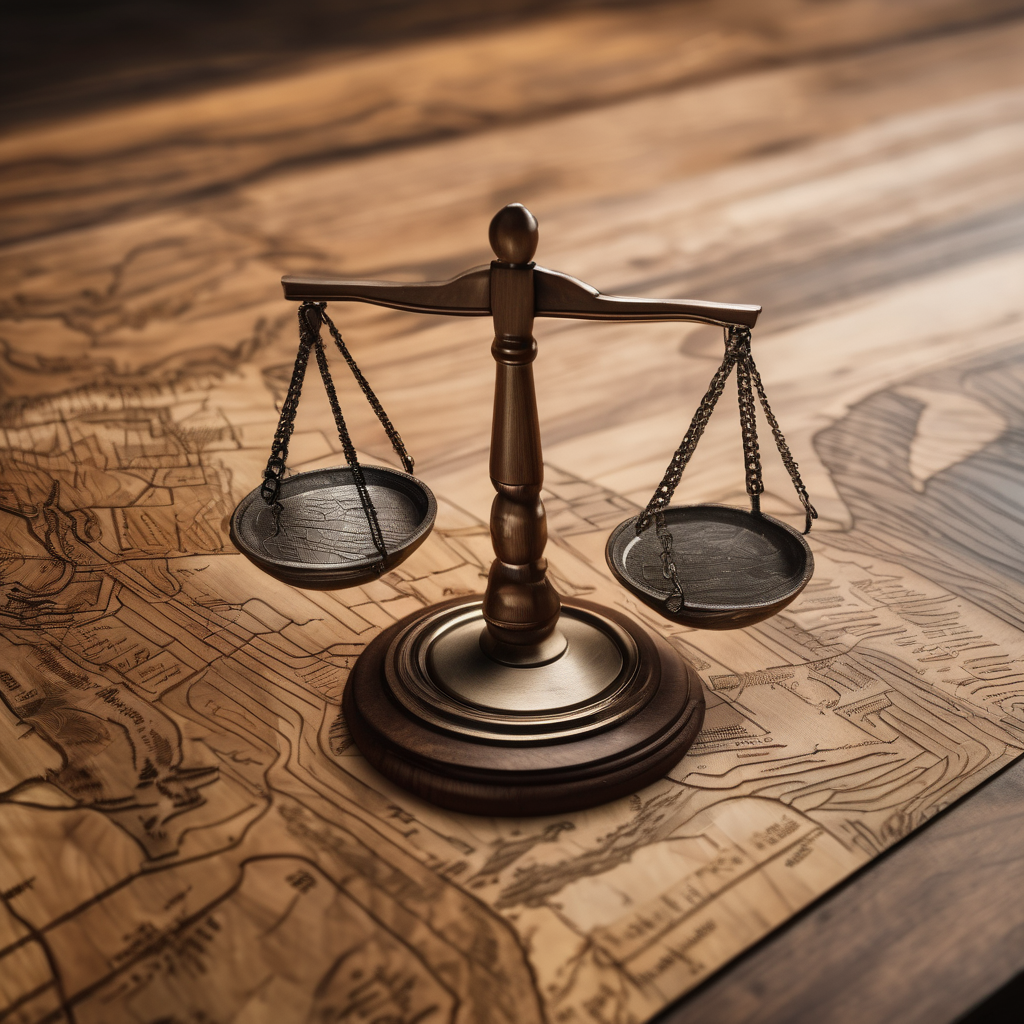The Fiji Human Rights and Anti-Discrimination Commission (FHRADC) is advocating for critical reforms aimed at bolstering its independence and achieving full international accreditation. This call for change was highlighted during the Asia-Pacific Forum of National Human Rights Institutions, where FHRADC Director Loukinikini Vili Lewaravu addressed the media regarding the current recruitment process for commissioners, which she argued is not independent and undermines the Commission’s credibility.
Lewaravu pointed out that the Commission lost its A status in 2007 following the coup in December 2006, and has struggled to regain full recognition since then. While it did manage to achieve a B status in 2021, it still only partially meets the standards as outlined by the Paris Principles, which serve as a global benchmark for national human rights institutions. To address these issues, Lewaravu proposes the creation of an independent panel to oversee the shortlisting and interviewing of commissioner candidates, thereby increasing transparency and credibility.
“One of the key issues we’re going to discuss is the independence of institutions… what that means for a National Human Rights Institution and for a country to have an independent body capable of effectively promoting and protecting human rights,” Lewaravu stated.
Restoring the FHRADC’s full A status is crucial as it would not only confer voting rights in international forums but also facilitate full participation in United Nations human rights committees. The decision to organize the Annual General Meeting in Fiji after nearly 19 years signals the Commission’s commitment to achieving independence and adhering to international standards.
The importance of rebuilding the FHRADC’s reputation is underscored by its historical context, having initially secured A status upon its establishment in 1999, only to see its credibility diminish significantly after the 2006 coup due to perceptions of favoritism in the appointment of commissioners. Past efforts to ensure more transparent selection processes have been met with optimism, as these initiatives are geared toward restoring credibility and fostering public trust.
Furthermore, during its upcoming biannual conference, the Commission plans to share Fiji’s journey towards regaining A status, engage with regional partners and civil society, and address pressing topics such as the role of human rights defenders, climate change, and its environmental implications on human rights.
The FHRADC’s commitment to reform is not just vital for the institution itself, but for the broader human rights landscape in Fiji. By focusing on accountability, transparency, and merit-based recruitment, there is hope that the Commission can reinforce its role in promoting human rights and regain the trust of both its citizens and the international community. This proactive stance may indeed signal a positive shift towards enhancing human rights protections and fostering a stronger, more resilient human rights culture in Fiji.
